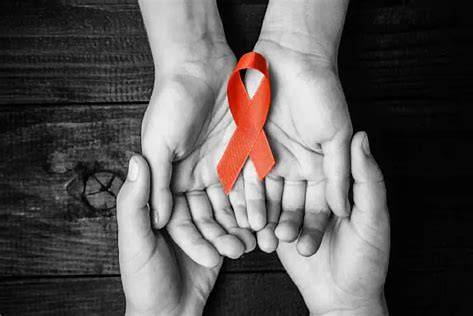HIV in children
HIV in children
The course of HIV infection in children is different from that in adults. This is due to the particular nature of children’s bodies and the immaturity of their immune system. The rapid development of severe immunodeficiency that brings various serious infections, should be considered the most important feature of HIV infection in young children.
However, the good news is that timely treatment can not only save the lives of HIV-infected children, but also ensure a high quality of living by enabling the development of immunity, sustaining and restoring and preventing the progression of the disease. Antiretroviral drugs, which efficiently and reliably suppress the replication of HIV in the body are prescribed for this purpose.
Strict adherence to the recommendations of the child's doctor is necessary. The drugs will not work if not taken properly. Taking the right dose of medicine at the right time and in the right way (with food or on an empty stomach), without skipping doses or interrupting the course, ensures the effectiveness of the treatment. If children don't take their HIV drugs exactly as prescribed, the virus can mutate and the therapy will no longer be effective. Once treatment is started, it is important that the child has regular follow-ups to make sure the HIV drugs are working as intended and not causing serious side effects.
In order for the doctor to make correct and timely decisions about the child’s further treatment, they need to evaluate the following during regular medical examinations:
- child's physical development (height and weight)
- psychomotor development (how the child interacts with the environment and perceives people around him, his own and other people's emotions, language and objects)
- psycho-emotional development (emotional reaction to the environment, mastery of new emotions and their active and appropriate expression).
The effect on immunity parameters (CD4 cell count) and effective suppression of viral replication (viral load) should also be evaluated in children taking antiretroviral drugs.
Depending on the nature of the disease, the child's parents might need to contact a large number of specialists. However, it is up to the parents to decide who to inform about the child's illness and who to seek advice and support from.
HIV-positive children are vaccinated against most diseases just like children without HIV. Vaccination is one of the most important things parents can do for their child to prevent various diseases. The health-care provider for a child with HIV will know the special vaccine requirements for HIV-positive children. For example, it is important that they receive the measles, parotitis and rubella vaccines, as well as varicella vaccine if they have a sufficient immunity.
Children need to be aware of the true nature of HIV. However, it is preferable that this knowledge is appropriate to their age and maturity. HIV health and social workers can help the parents decide when is the best time to tell their child.
If you have questions or need help making decisions about the treatment or care for a child with HIV, it is important to see a specialist.



